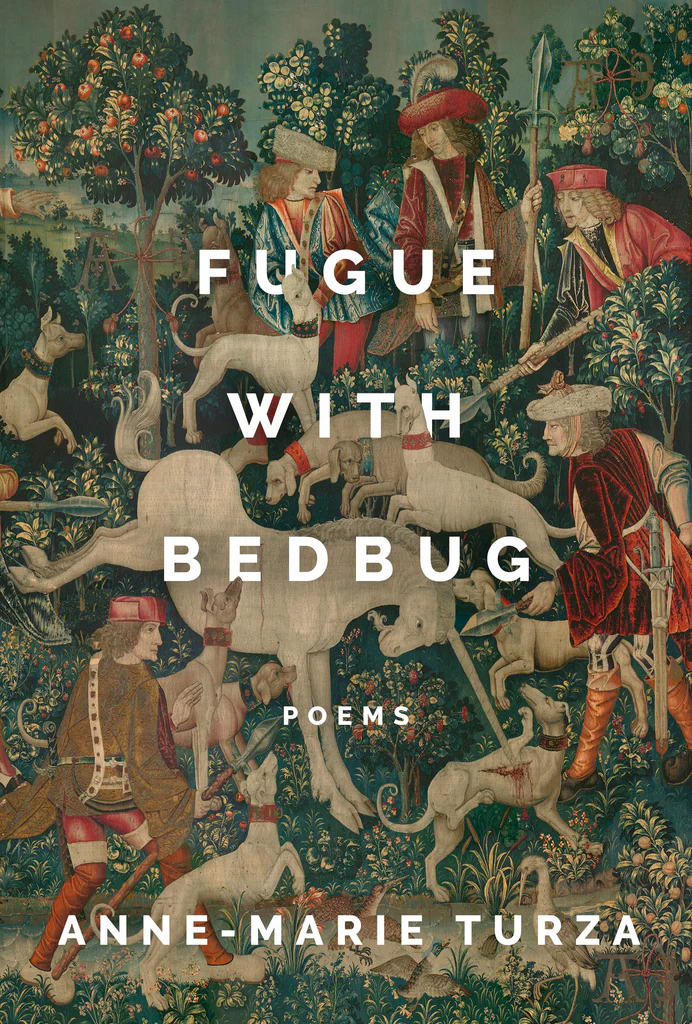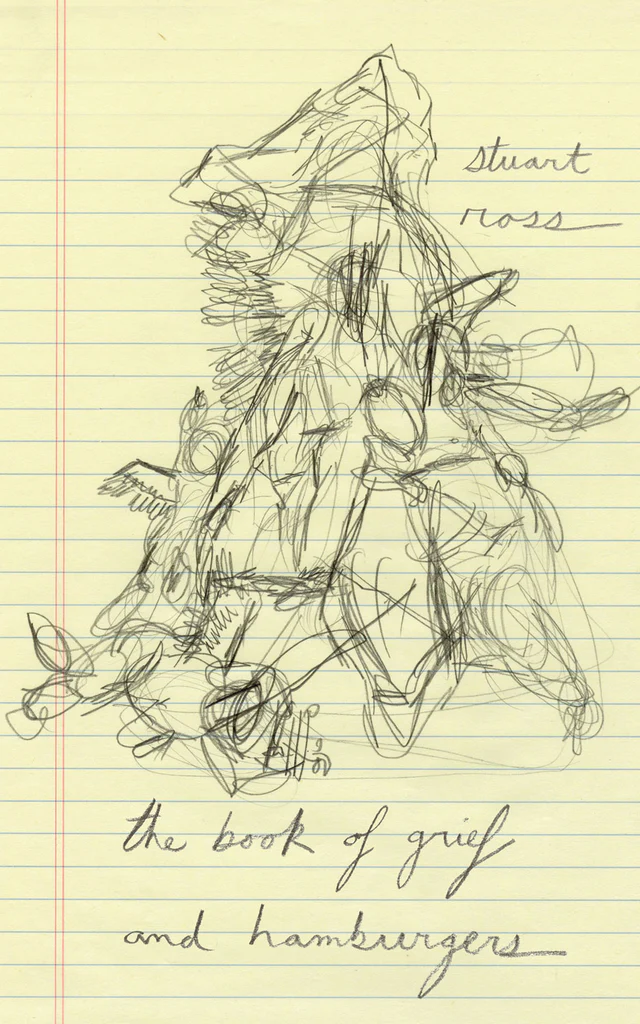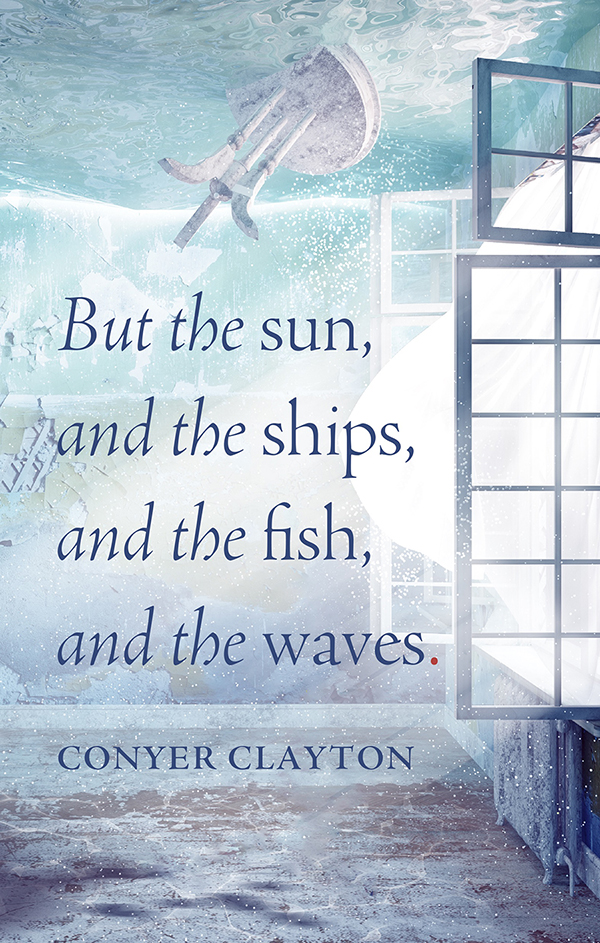Taming the Book Publicity Beast
Books I’m Still Thinking About Two Years Later
In the publishing business, something called “conventional wisdom” keeps telling us we only have six months or less to sell a book. Even the most ardent readers scarcely have time to discover new titles before the cycle resets, and many brilliant books simply slip through the cracks. If you’ve ever slugged it out in the book promotion trenches – launch parties, readings series, author festivals, award seasons – then you already know that publicity can be a beast. And it’s an extremely fickle one with a violently short attention span. This beast survives on a diet of hype, and it absolutely cannot resist the flavour of the month.
Here we are in April, and the flavour is either “most anticipated spring books” or “national poetry month,” take your pick. We’ve been done with those best-of-2023 lists since the first week of January, and let’s face it: last year no longer exists. Soon enough, April too will join the dustbin of history, and the beast will move on to its next meal of summer reading lists and beach book buzz.
In the interest of giving great writing a bit of a longer shelf-life and letting our beast savour something more satisfying, I want to tell you about some books published way, way back in the year 2022 that really made an impression on me – books I’m still thinking about and still re-reading – all of them published by small, independently owned Canadian publishers. If just one person reading this post picks up and reads just one of these books, then we will have taken a great step toward taming the most capricious of beasts: the book publicity cycle.
Fugue with Bedbug
by Anne-Marie Turza ( House of Anansi Press, 2022)
Reading Anne-Marie Turza’s Fugue with Bedbug felt like a rediscovery – like some long forgotten, beloved thing had been brought home to me after a long absence. It is one of those books that comes along every so often that has the effect of revivifying my love of poetry, my love of language. It was exhilarating. I want to cautiously offer that perhaps Turza is a poet’s poet. Not that only poets should read her. Heavens, no! Everyone should read her.
Her language is never dull, never commonplace, but every word choice and turn of phrase feels utterly necessary. Like instrumental music, her language is an essentially aesthetic medium in the hands of a deft practitioner, always interesting, protean, and enchanting. When I finished reading this book, I swore a private oath to read everything she ever publishes, and then I read the book again.
The Employees by Olga Ravn,
translated by Martin Aitken (Book*hug Press, 2022)
The Canadian edition of Danish writer Olga Ravn’s delightfully oddball novel The Employees was published in 2022 by Toronto’s Book*hug. Despite appearing on numerous lists for international prizes, this book hasn’t been talked about much in Canada. I seem to be the only person I know who absolutely won’t shut up about it.
You can call it science fiction for people who don’t read science fiction, or you can call it literary fiction for people who don’t read literary fiction, or you can call it experimental fiction for people who don’t read experimental fiction, but none of those descriptions is exactly right, and none of them is exactly wrong. We must stop trying to pigeon-hole this book and just read it already! Whatever it is, it’s brilliant – and eerie, and fun, and short – so tuck in with it for the weekend, or even for an afternoon, and thank me later.
Monument
by Manahil Bandukwala (Brick Books, 2022)
The title of Manahil Bandukwala’s Monument is sometimes written with the letters “n-u” struck through, like this: Monument. On the book’s cover, the two letters are depicted in a crumbling typeface. The suggestion of the double meaning is clear – it is both Monument, and Moment. The polysemy is appropriate. A monument is built to stand for all time, to be the physical embodiment of memory. A moment, on the other hand, is fleeting, lost in the flow time as quickly as it arrived.
Bandukwala’s poetry jumps through time and space offering a glimpse into both historical and alternate contexts for the Taj Mahal and the complex story behind it. At its centre is the Mughal Empress Mumtaz Mahal, the life she lived, and the lives she didn’t live. The text itself is reflective and ephemeral, capturing fleeting moments and making poetic monuments of them. A superb debut by a poet whose work is certainly worthy of your time… and your memory.
The Book of Grief and Hamburgers
by Stuart Ross (ECW Press, 2022)
I had never heard of Stuart Ross before a drifter named Lloyd gave me a copy of The Book of Grief and Hamburgers while I was taking a shortcut behind Harvey’s Hamburgers in the stockyards one day. I looked at the cover of the book. I looked at Harvey’s. “Hamburgers,” I said to myself, and then I said, “Stuart Ross? That sure is a funny name.” A few minutes later I used the book to shoo away an extremely large rat. Very useful! And apparently it also won the Trillium Book Award – the book, not the rat – and…
Wait a minute! I just remembered. I know Stuart Ross. I’ve been friends with him for twenty years. He’s a great writer. This is his second-best book after the one I edited for him. I really, really loved this book. Sometimes I loved it while I was laughing, and sometimes I loved it while I was also crying. I think you would love The Book of Grief and Hamburgers while you laugh and also cry, too.
But the Sun, and the Ships, and the Fish, and the Waves
by Conyer Clayton (Anvil Press, 2022)
I’m always telling myself that I don’t like prose poems very much, and I’m almost always wrong. At least, when I read a book like But the Sun, and the Ships, and the Fish, and the Waves by Conyer Clayton I am. These are some of my favourite prose poems since Gil Adamson’s Ashland, or James Tate’s Return to the City of White Donkeys, or Franz Wright’s Kindertotenwald, or Thomas Bernhard’s The Voice Imitator, which is apparently flash fiction anyway and not prose poetry, but what’s the difference?
Perhaps because prose poems exist in this in-between state of taxonomical uncertainty, they are especially adept at conveying the improbable, strange, and surreal tableaus and vignettes that all the writers I’ve just mentioned excel at, Conyer Clayton included. This is not to suggest that’s it all whimsy, of course; like their predecessors, Clayton also excels at marrying the exploration of trauma with the playful freedom of the imagination, and the result is at once alarmingly powerful as well as gently soothing.
Boat
by Lisa Robertson (Coach House Books, 2022)
As much as any book is capable of it, Lisa Robertson’s Boat might be proof of reincarnation. In its first life, it was slim chapbook called Rousseau’s Boat, published in 2004. It returned to life in 2010, revised and expanded, as a trade collection called R’s Boat. In 2022, reborn now simply as Boat, the book has been expanded even further into its largest form yet. At Toronto’s Word on the Street festival that year my wife, who loves the movie Jaws, was talking with the publisher of the most recent edition and joked that their promotional tagline for the book should be, “You’re going to need a bigger Boat.”
Bigger is something that Lisa Robertson does remarkably well. Her poems are long, expansively so – they require room for her ideas to take shape, they have range, they offer you space to think. They feel, quite often, as if they have their own breathable atmosphere. Among the expansive poems you can read in Boat is one called “Utopia” that might be my favourite. I’m not sure why. I’ve been reading it for twenty years, and I’m not entirely sure that I’ve explored all of its corners, or discovered all of its secrets, just yet. Perhaps in another twenty years – because I know I’ll still be reading it – I’ll be closer to finding out.
Paul Vermeersch is the senior editor of Wolsak and Wynn Publishers where he created the poetry and fiction imprint Buckrider Books. He is also a poet, multimedia artist, and creative writing professor. His most recent book is Shared Universe: New and Selected Poems 1995-2020. He teaches in the Honours Bachelor of Creative Writing & Publishing program at Sheridan College where he is the editor-in-chief of The Ampersand Review of Writing & Publishing. He lives in Toronto.






